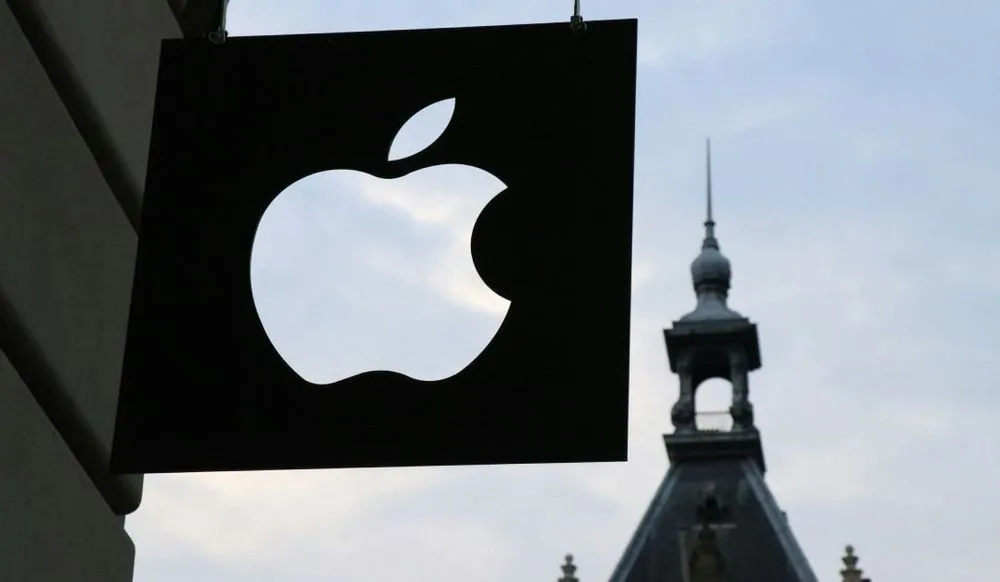UK court lifts secrecy veil, confirms Apple is suing British government over ‘backdoor’ request
A British court has confirmed that Apple is suing the British government over a legal order regarding the company’s encryption of iCloud accounts, lifting a veil of official secrecy regarding the controversial move.
In a judgment on Monday, the Investigatory Powers Tribunal — the only court in the country that can hear certain national security cases — said it would confirm “the bare details of the case” despite the British government’s argument that to do so would undermine national security.
It follows Apple turning off the option for its British users to protect their iCloud accounts with end-to-end encryption earlier this year, in the wake of the now confirmed and widely reported legal order from the British government requiring Apple provide it with access to encrypted iCloud accounts.
The British government neither confirms nor denies the existence of such legal demands. Apple has not confirmed the reason the encryption feature was turned off, and would be prohibited from doing so if it were due to the so-called Technical Capability Notice (TCN), but stressed when it announced the move that “we have never built a backdoor or master key to any of our products or services and we never will.”
As the summary judgment sets out, an initial hearing — in which neither Apple nor the Home Secretary’s identities as parties to the case were revealed — was made in private so that the government could argue for the whole case to be held in secret without compromising that secrecy.
The government’s call for secrecy has now been dismissed, with the Investigatory Powers Tribunal summarizing: “We do not accept that the revelation of the bare details of the case would be damaging to the public interest or prejudicial to national security.”
The decision follows representations to the Investigatory Powers Tribunal by numerous media and civil society organizations, as well as by U.S. senators and members of Congress.
The judgment cites numerous public comments by senior U.S. politicians, including President Donald Trump, that appeared to confirm the existence of the TCN, with Trump comparing the British government’s move to “something that you hear about with China.”
U.S. Director of National Intelligence Tulsi Gabbard also ordered a legal review of the secret directive and said she had a “grave concern” about its implications.
It follows warnings from experts, including from Britain’s own intelligence community, that the government’s attempts to access encrypted messaging platforms should be more transparent. Academics described the Home Office's ongoing refusal to either confirm or deny the legal demand as unsustainable and unjustifiable.
Apple did not immediately respond to a request for comment.A spokesperson for the British government said: “We do not comment on legal proceedings. Nor do we comment on operational matters, including confirming or denying the existence of individual notices.”
But, for the first time since the initial reports about the TCN, the spokesperson challenged the characterization of the notice as one demanding a “backdoor” to iCloud accounts and stressed the legal protections in place around issuing such notices.
“TCNs themselves do not directly provide access to data — relevant targeted warrants and authorisations must also be in place. Nor do TCNs extend powers to obtain access to data; their purpose is to ensure that those existing powers can continue to be exercised effectively,” the spokesperson said.
“Technology companies need be able to innovate and improve security, but unilateral moves which prevent investigations into terrorism or serious child abuse put public safety at grave risk. These powers are purely about preventing serious crime and pursuing criminals, and do not affect our commitment to free speech,” they added.
“The Government believes both in protecting privacy and in ensuring that the most serious crimes and terror threats can be investigated or stopped. Let us be clear: any suggestion that this is a binary choice between public safety and privacy is incorrect. We can, and must, have both. “
The Investigatory Powers Tribunal said it will make case management orders, including a timetable for how the case progresses, after Apple and the British government have considered the terms of the private judgment and make their own proposals to the court.
Alexander Martin
is the UK Editor for Recorded Future News. He was previously a technology reporter for Sky News and a fellow at the European Cyber Conflict Research Initiative, now Virtual Routes. He can be reached securely using Signal on: AlexanderMartin.79



